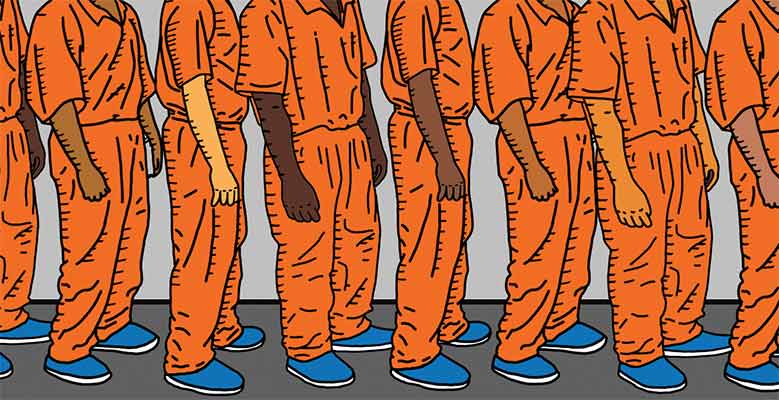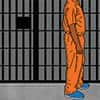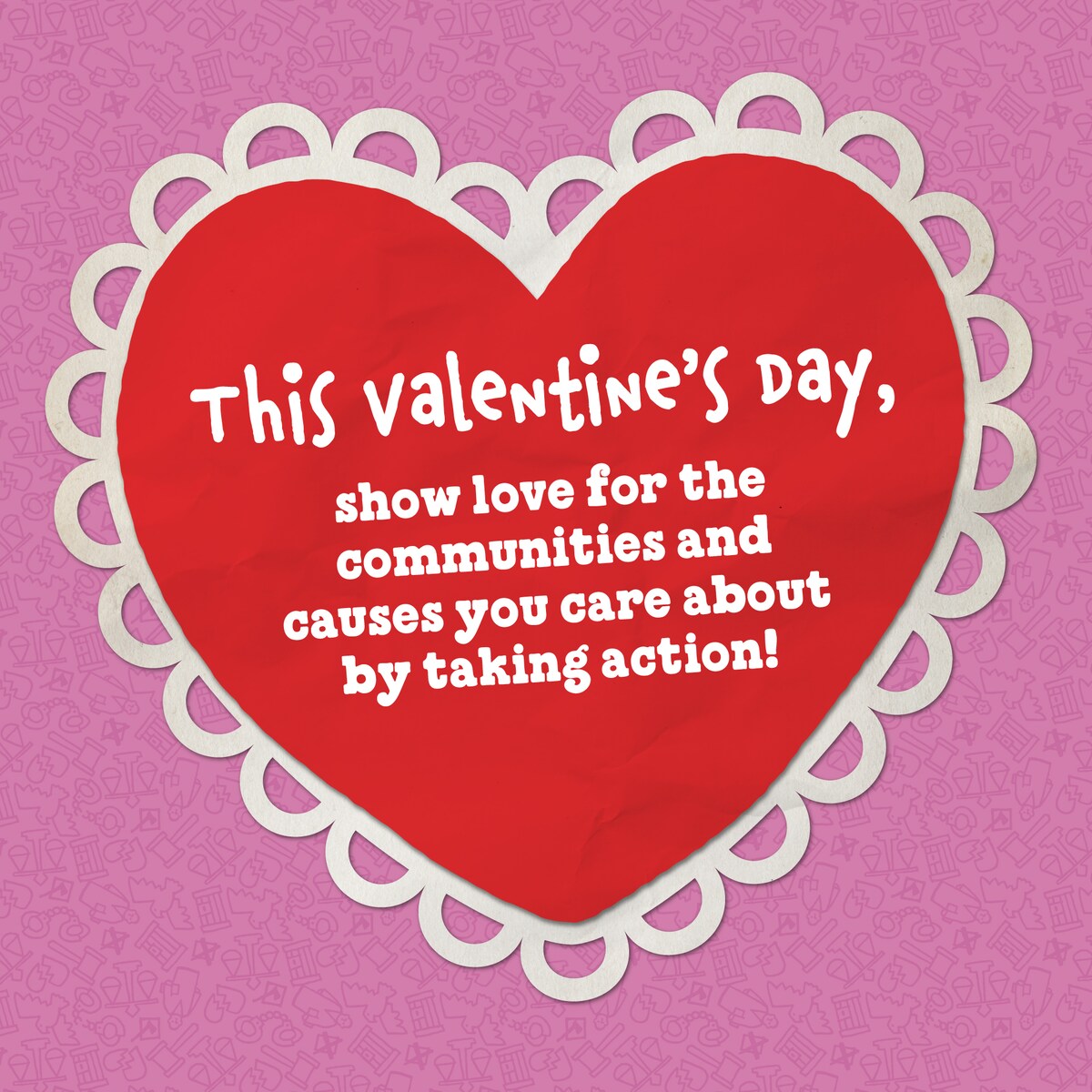March 27, 2020

You sure don’t need us to tell you that COVID-19 is having an unprecedented impact on the entire world. Like so many businesses and institutions, Ben & Jerry’s has had to make changes to everything we do. Our office employees are working from home, almost all of our Scoop Shops have had to temporarily close, and workers at our factories are implementing new safety policies as they work hard to make sure that freezers in markets all around the country remain stocked.
Like you and your family, we’re doing this to “flatten the curve.” Social distancing is the only way to make that happen. It’s stressful. It’s inconvenient. But it’s necessary to ensure the health of our greater community.
But social distancing is all but impossible in jails and prisons, writes Dorsey Nunn, an activist, organizer, and nonprofit director who was once incarcerated during a flu epidemic: "While there’s a foot of concrete between you and your neighbor, between you and the wide-open space filled with sickness are just 14 steel bars and a whole lot of air.”
Right now, people behind bars, as well as the millions upon millions of people whose lives are connected to theirs, are at risk of getting sick. COVID-19 has already begun spreading to America’s enormous incarcerated population. The number of cases will grow—it’s not a matter of if, but when. That’s why, to save lives, we need to act now.

TAKE ACTION NOW!
A Disaster Waiting to Happen
The looming COVID-19 crisis in America’s jails and prisons isn’t just a jail or prison problem. It’s a national problem. Whatever impact this virus has in our correctional facilities will ripple out into the wider community because no place on earth puts as many people behind bars as the US—half of all Americans have a family member who has been incarcerated. There are 2.3 million people locked up in our jails and prisons. About 600,000 people enter prisons annually, which is a lot, but that pales in comparison to the 10.6 million people who are sent to jail every single year.
Now think about all of the people—from lawyers and advocates to police officers, correctional staff, and judges—who come into contact with the millions of Americans who enter and are being held in our jails and prisons. Hundreds of thousands of people work for correctional facilities all across the country. Unfortunately, many are already likely bringing coronavirus home to their families and communities.
Those multiplying contacts represent a massive problem. On average, each person with COVID-19 infects between 2 and 2.5 other people, and it spreads most rapidly in places where people live in close quarters, like cruise ships and nursing homes—and jails and prisons.
The truth is that correctional facilities have never been able to provide adequate healthcare for the people they’re supposed to be caring for and rehabilitating. (Did you know that hand sanitizer and soap aren’t even allowed in many jails and prisons?) When you think about how many people being held in these unsanitary facilities are aging or dealing with weakened immune systems, the scope of the problem becomes clear. This is a disaster waiting to happen.

The Criminalization of Race and Poverty
Then there’s this: Many people currently behind bars, at extreme risk of getting sick, are only there because America’s criminal justice system has criminalized poverty and Black skin.
Think about the hundreds of thousands of people in jails all over the country who haven’t been convicted of anything and are only locked up because they can’t afford bail. About 90% of the people in St. Louis’s infamous Workhouse jail are stuck there for that very reason.
It’s also true that about 90% of those at the Workhouse are Black, which is an extreme, but telling, example of the kind of racism regularly found throughout the criminal justice system. Black people make up 12% of the overall US population, but a disproportionate 33% of the prison population.
Finally, a huge portion of America’s incarcerated population, hundreds of thousands of people on any given day, shouldn’t even be locked up at all. They’re behind bars for things like nonviolent drug offenses or low-level crimes and would be better off going through diversion programs. They, and so many others, should be home with their families, but they remain incarcerated instead. We think that’s wrong—and we know it doesn’t have to be this way.
How We Can Help
The spread of coronavirus is making everyone in America and around the world reexamine our institutions, our policies, and our priorities. That’s exactly what we should do with the criminal justice system.
To ensure the health of America’s incarcerated population, their families, and surrounding communities, we need to start releasing people from jails and prisons now. The good news is that it's starting to happen. Los Angeles County is releasing at-risk people from its jails, either through early release or by opting for pre-trial diversion programs. Ohio’s Cuyahoga County (Cleveland) is releasing hundreds of people as well. And in the most proactive move of any state so far, New Jersey is set to release about 1,000 people who were put behind bars for low-level crimes, including probation violations.
This is a good start. But we do have a question: If it makes sense now for people convicted of nonviolent, low-level crimes to serve their time at home or go through diversion programs instead of being locked up, why don’t we do that all the time? And why would we ever lock up half a million people who are legally innocent, just because they can’t afford bail? We don’t think that makes any sense, crisis or no crisis.
Please stand with us and our partner, Color of Change, in demanding immediate action to ensure the safety of America’s incarcerated population. Then join the movement to transform the criminal justice system for good.

Recent Articles


